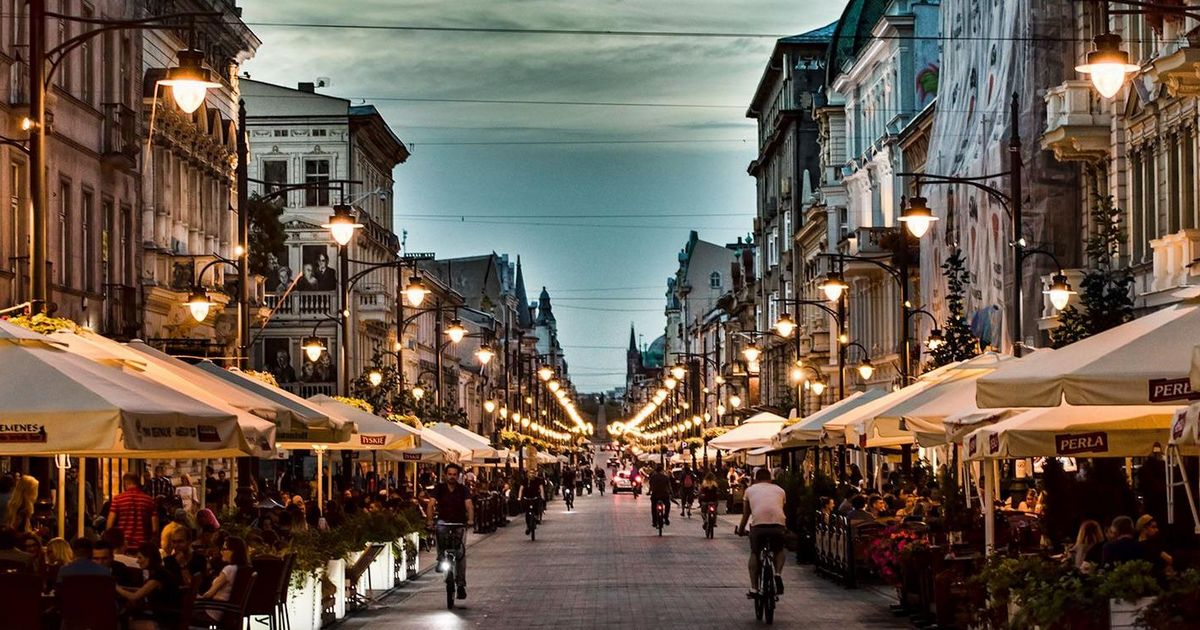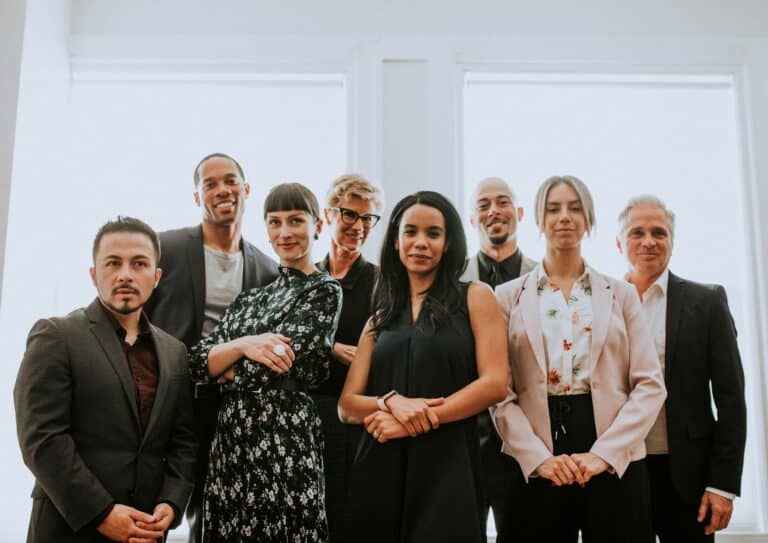Łódź launches foreigner-friendly campaign
The City of Łódź Office has prepared special guides for foreigners who decide to settle in Łódź, part of its campaign to attract foreigners to the central Polish city.
The guides – “Getting Started,” “Study in Łódź” and “Stay in Łódź” – are a compendium of knowledge in the field of law, health protection, education and various aspects of work and life in the city. They are being published in English and Ukrainian and local businesses and universities help in their distribution.
“Remembering the multicultural history of our city and observing the current immigration situation, we intend to take special care of new residents of Łódź and introduce many facilities for foreigners,” says the vice-president of the city of Łódź, Adam Pustelnik.
The number of foreigners who come to Łódź is growing every year. Most of them are Ukrainian and Russian speakers, but there are also newcomers from other countries. Estimates are that about 50,000 people from Ukraine and Belarus permanently residing in Łódź, and in the current academic year, about 2,000 students from Belarus and Ukraine study at universities in Łódź.
“From 2021, foreign parents of each newborn child will receive a welcome letter from the president, in English or Ukrainian. Last year alone, we registered nearly half a thousand babies at the Registry Office, who are new residents of Łódź, and their parents are foreigners,” Pustelnik says.
The city plans to launch free Polish language courses and implement a package of integration activities. Non-governmental organisations will be responsible for this. They are also looking for partners who will prepare a campaign promoting the city’s educational offer abroad – with particular emphasis on Ukraine and Belarus.
“We look to the future with hope, because more and more often we receive signals from Belarusian IT companies that are interested in moving their business to Łódź. Here we will also prepare a lot of benefits and facilities,” Pustelnik says.
For over a year now, at the Łódź Center for Contact with Residents, people with little knowledge of Polish can get help from officials who speak Ukrainian and English.







